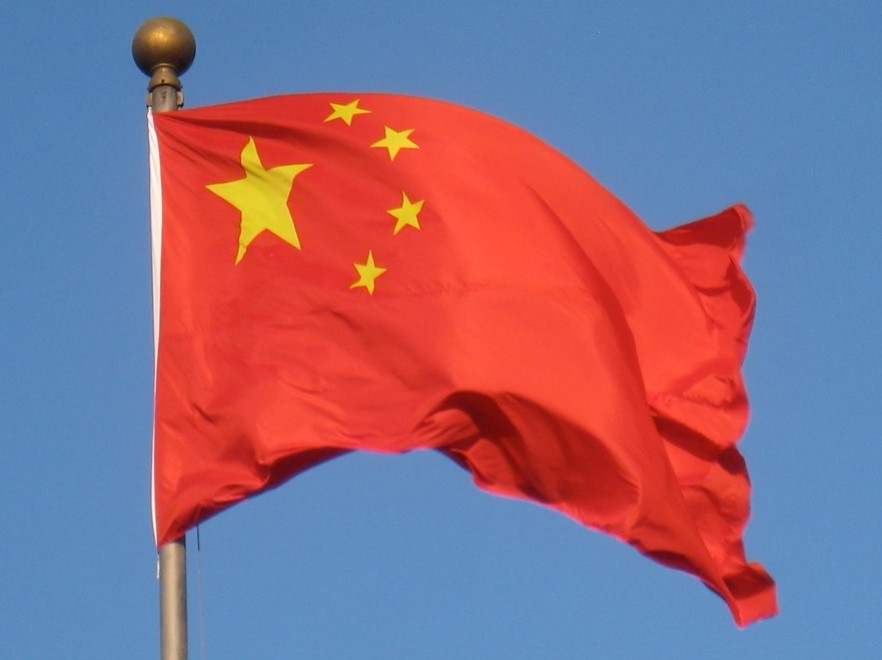The board of Chinese battery materials company Ganfeng Lithium has made an announcement about how the coronavirus outbreak in China has affected its operations.
The Hong Kong-listed company yesterday released a statement after observing “unusual share price movements” in the business, which extracts the raw material for lithium-ion batteries and sells lithium-related products.
However, far from being adversely affected by disruption to its operations in China, Ganfeng’s share price this week rocketed to 12-month highs, with the stock price ranging from RMB46.6-51.63 (US$6.67-7.39) on Monday and RMB52.38-58.44 yesterday after a more sedate Tuesday. At the time of going to press, the stock had risen as high as RMB63.89 today, having been RMB39.03 on February 3.
The statement made to the Hong Kong exchange yesterday appears to have done little to dampen enthusiasm for Ganfeng stock despite the company announcing an unspecified number of its subsidiaries had halted operations because of the coronavirus ravaging China. U.K. newspaper The Guardian this morning reported 1,380 people in mainland China have died from the virus.
Breakdown
The lithium company’s board specified operations have been unaffected at its Yichun Ganfeng Lithium Co Ltd and Fengxin Ganfeng Lithium Co Ltd subsidiaries and that its Ganfeng Recycling Technology Co Ltd unit and its 10,000-ton lithium salt plant in China continued operations until February 3. The lithium hydroxide and lithium chloride production lines at the group’s Dongguan Ganfeng Electronics Co Ltd and Jiangsu Yuanrong New Energy Technology Co Ltd businesses had “gradually resumed working and producing” on Tuesday, added the statement.
“Other subsidiaries have stopped working and producing,” said the company, adding early plans for a resumption of activity are in place.
Ganfeng also admitted rising raw material and other material costs, plus transport logistics problems, had resulted in the price of its lithium hydroxide rising “less than 10%”. The rising input costs highlighted are likely to have been caused by the virus outbreak as the authorities in China have imposed self-isolation orders on the areas worst affected. The Guardian today reported Shiyan city, in central Hubei province, is under “war-time measures” which prevent all but those combating the epidemic from being on the streets.
This content is protected by copyright and may not be reused. If you want to cooperate with us and would like to reuse some of our content, please contact: editors@pv-magazine.com.




1 comment
By submitting this form you agree to pv magazine using your data for the purposes of publishing your comment.
Your personal data will only be disclosed or otherwise transmitted to third parties for the purposes of spam filtering or if this is necessary for technical maintenance of the website. Any other transfer to third parties will not take place unless this is justified on the basis of applicable data protection regulations or if pv magazine is legally obliged to do so.
You may revoke this consent at any time with effect for the future, in which case your personal data will be deleted immediately. Otherwise, your data will be deleted if pv magazine has processed your request or the purpose of data storage is fulfilled.
Further information on data privacy can be found in our Data Protection Policy.